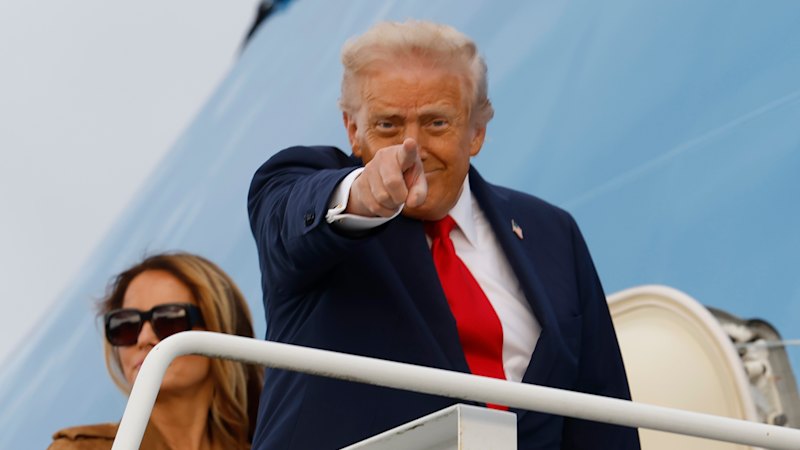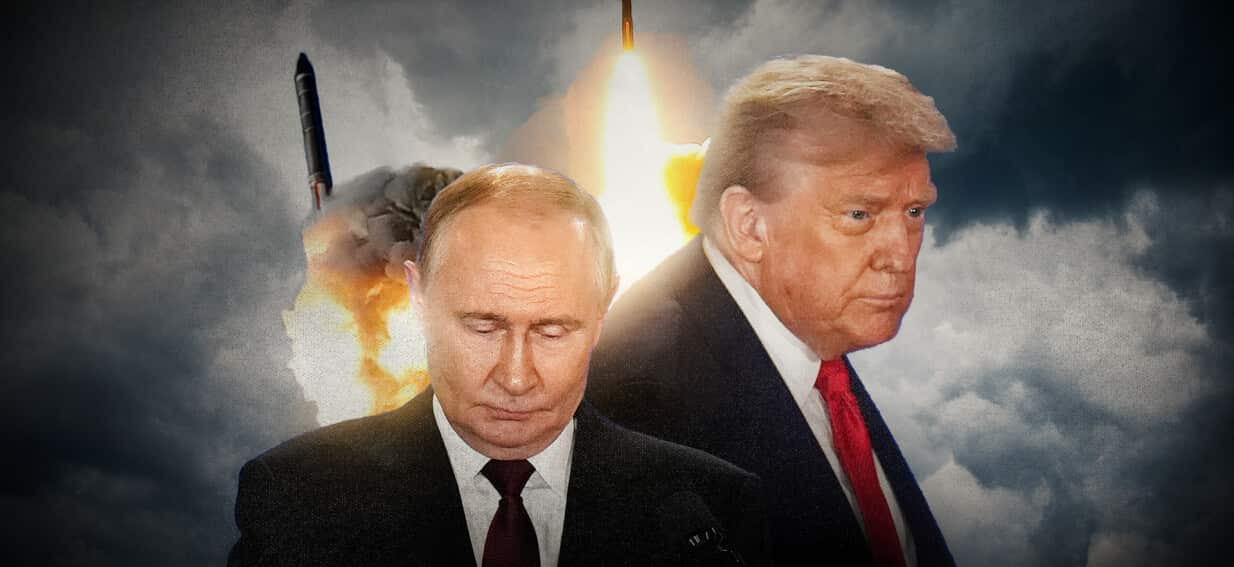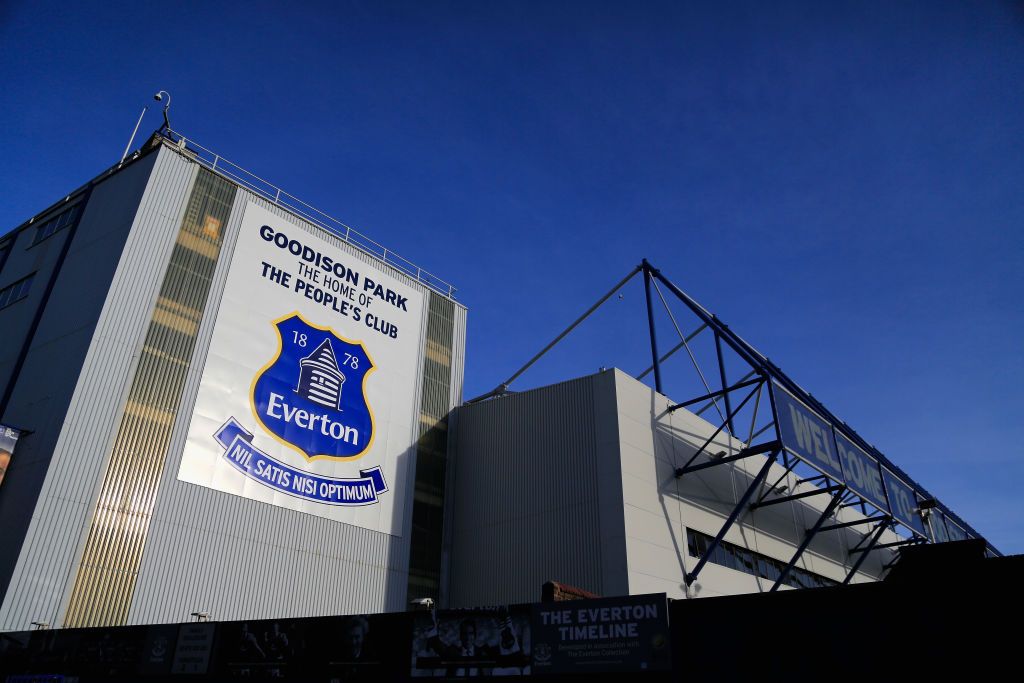
US President Donald Trump has suggested that television networks could face the revocation of their broadcasting licences if they continue to air criticism of him, particularly on late-night talk shows. This statement coincides with the announcement from ABC that comedian Jimmy Kimmel has been suspended indefinitely following backlash over remarks he made about the assassination of conservative activist Charlie Kirk. The comments, which were perceived as provocative, have prompted scrutiny from various political and media advocacy groups.
Kimmel’s suspension came after pressure from Brendan Carr, chair of the Federal Communications Commission (FCC), who has been vocal about enforcing public interest requirements among licensed broadcasters. Carr indicated that networks should be held accountable for their programming and suggested that the FCC has the authority to revoke licences if they fail to meet these standards. “If you have a broadcast TV licence, that means you have something that very few people have,” Carr stated during an interview, emphasizing the obligation to serve the public interest.
Trump’s comments were made during a flight back to Washington following a state visit to the United Kingdom. He criticized networks that focus on negative portrayals of him, asserting, “When you have evening shows and all they do is hit Trump, that’s all they do.” He implied that these networks were acting as “an arm of the Democrat party” and expressed his belief that their licences should be reconsidered. He also claimed that Kimmel’s suspension was justified by low ratings rather than political interference.
The reaction to the suspension has been swift and vocal. Advocacy groups for free speech, alongside Hollywood unions, have condemned Carr’s actions as a violation of press freedoms. The Writers Guild of America released a statement decrying the government’s role in censoring content, saying, “What we have signed on to – painful as it may be at times – is the freeing agreement to disagree.” Similarly, SAG-AFTRA, the actors’ union, described Kimmel’s situation as indicative of broader suppression that threatens everyone’s freedoms.
As the controversy unfolds, former President Barack Obama has also weighed in, urging media companies to resist what he described as Trump’s coercive tactics. He stated, “This is precisely the kind of government coercion that the First Amendment was designed to prevent.” His remarks highlight an ongoing concern regarding the balance between governmental influence and media independence in the United States.
The backdrop to this incident includes declining ratings for many late-night talk shows, which have been impacted by the rise of streaming services. Despite these challenges, Kimmel has remained competitive, often ranking well in key demographics. According to LateNighter, Kimmel was second in his timeslot behind Stephen Colbert during the second quarter of 2025, performing notably well among viewers aged 18 to 49.
Kimmel has not publicly commented on his suspension, although he recently expressed condolences to Kirk’s family on social media, emphasizing the need to denounce violence. His recent remarks on the show, which suggested connections between Kirk’s alleged assassin and the MAGA movement, were cited by some as incendiary, leading local station owners Sinclair and Nexstar to replace his programme with alternative content.
The ongoing investigation led by Robert Garcia, the top Democrat on the House Oversight Committee, aims to uncover details behind the circumstances surrounding Kimmel’s suspension and the potential for political interference in broadcast media. Garcia and other Democratic leaders have vowed to ensure that attempts to silence criticism of the president are thoroughly examined.
The implications of this situation extend beyond Kimmel and Trump, raising significant questions about the state of free speech in the media landscape. As various stakeholders react, the call for media independence and protection against governmental influence remains a focal point of discussion in Washington and beyond.







